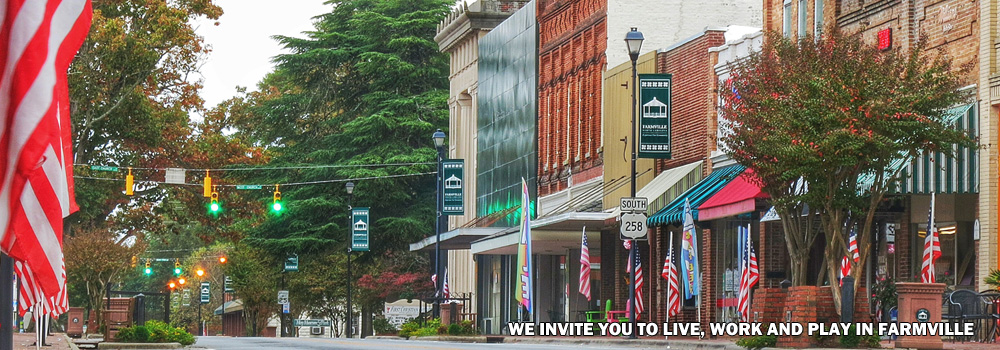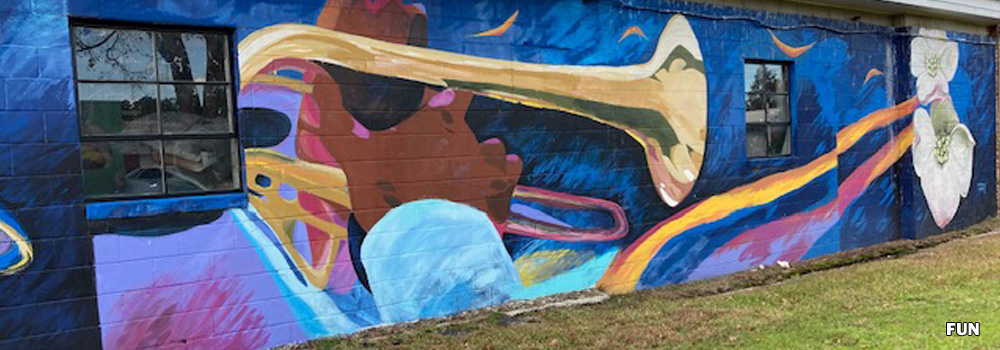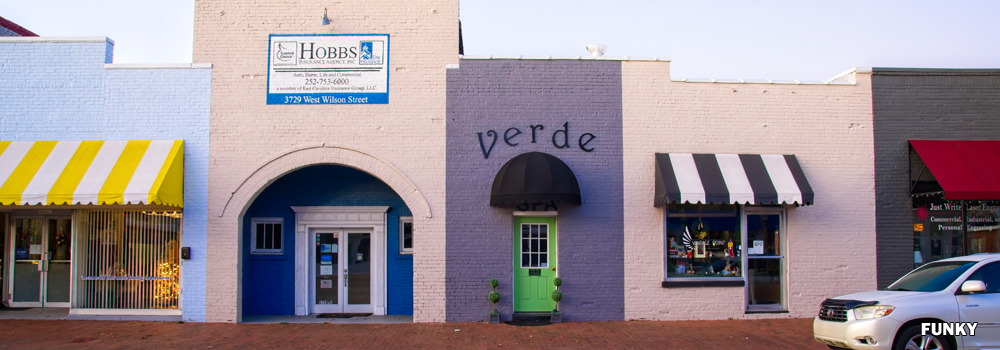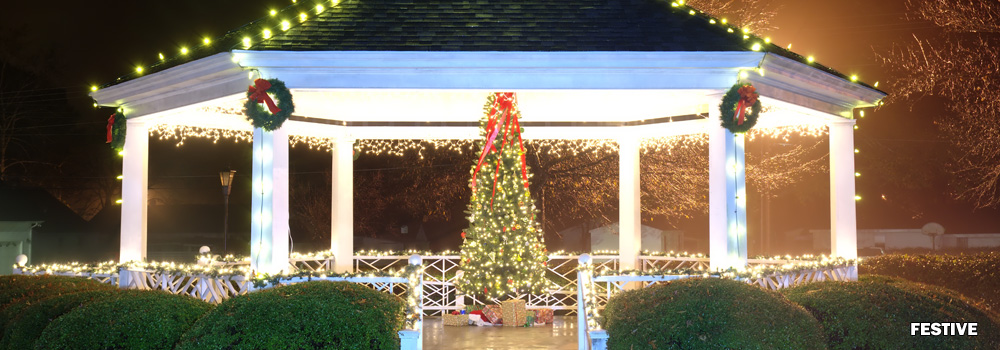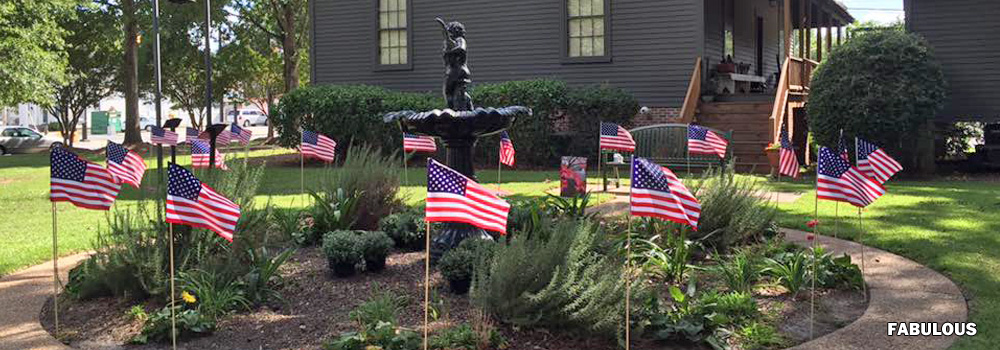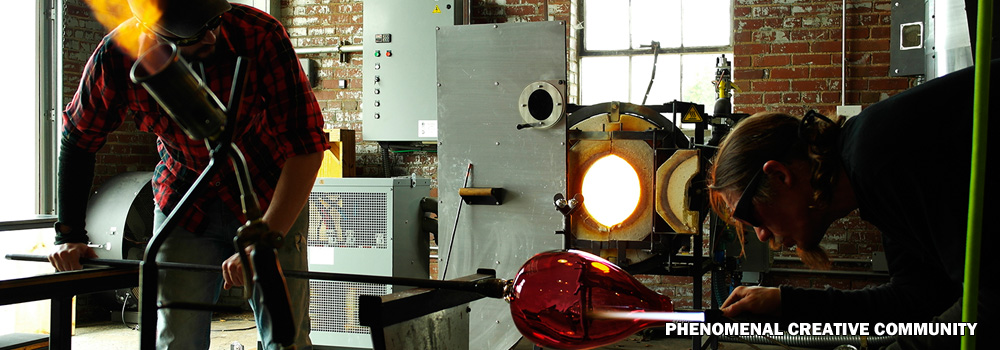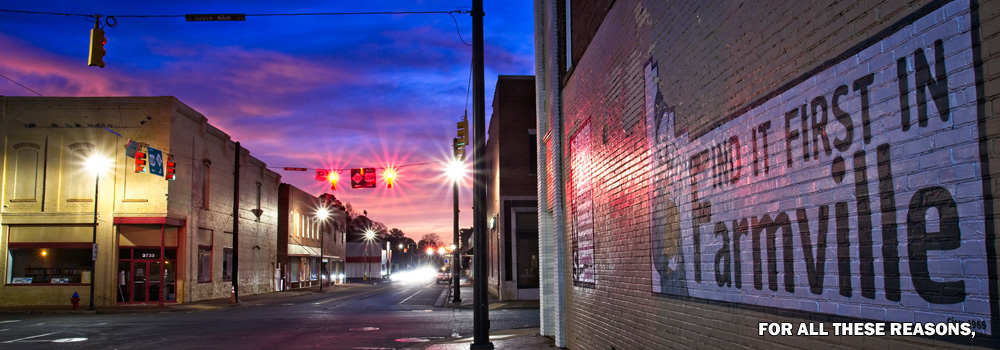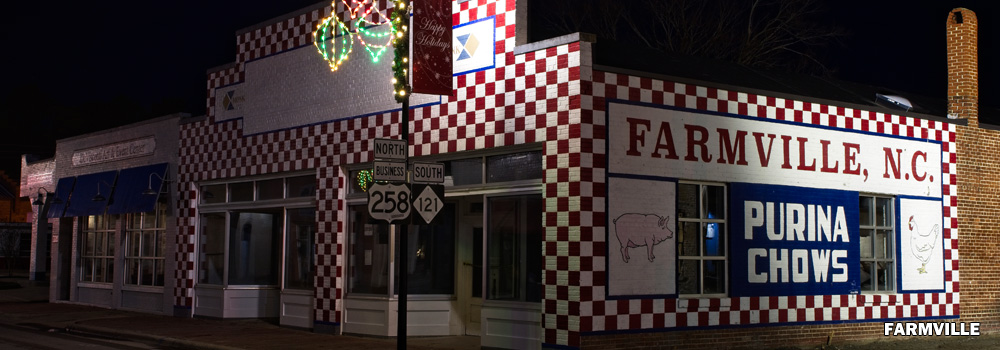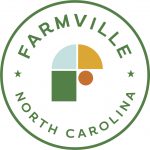
A LITTLE BIT ABOUT FARMVILLE & THE CHAMBER
The arts come to life in Historic Farmville. Visitors and residents can enjoy an uncommon experience as they watch artisans shape glass or learn about North Carolina’s rich history of furniture making at the North Carolina Furniture School; or, if you’re interested in a new hobby, explore the possibility of taking a ceramics class at the PCC Ceramics Lab.
As visitors stroll through the downtown area, they can enjoy a variety of painted murals on the sides of historic buildings throughout the community. Farmville is a place where all can shop in turn-of-century vintage storefronts, dine in excellent restaurants and browse through aisles of awesome antiques. Tourists can even wander through the largest outdoor art gallery in eastern North Carolina, marked with QR codes along the path that dictate interesting facts about each
art feature.
Farmville offers an environment where businesses thrive and prosper, and residents can enjoy a friendly community that’s “small town cool” in every way.
The goal of the Chamber of Commerce and Visitor Center is to serve and strengthen our businesses and further their collective interests while advancing the community of Farmville and region. The Chamber is proud to support and assist our businesses through networking, marketing, advocacy and education. As a membership-based organization, the Chamber of Commerce and Visitor Center is a vital force in recruiting new business, supporting existing businesses, encouraging development, and enhancing and promoting the town.
For more information please visit our sister site at www.visitfarmvillenc.com.
A LITTLE BIT ABOUT OUR HISTORY
The Town of Farmville in North Carolina has a rich history that reflects its agrarian roots. Settlement in the area began in the mid 1760’s when early settlers began farming the local lands, making Farmville their home. Most all were farmers. The first recorded structure within the town limits was a log cabin built around 1840.
Farmville was formally incorporated in 1872 when the community petitioned the North Carolina legislature to create a town named Farmville. Prior to that, it was informally known as “New Town.” The formal incorporation took place on February 12, 1872.
Agriculture has always been in our roots. With the tobacco boom during the late 19th century, Farmville developed as a small commercial center, supporting the booming Brightleaf Tobacco cultivation in the region. Tobacco sales, processing, and warehousing were vital to its growth.
With the decline of the tobacco industry in the 1970s, Farmville shifted its focus to diversify its commercial and industrial base. Today, it’s a community of early 6,000 residents, blending small-town charm with big-city style.
Since then, Farmville has blossomed into something much more focused on the arts & community with its primary pillars centered around agribusiness, industry, and the importance of faith and religion.
Farmville honors its past while shaping its future—a place where opportunity thrives!

January 2025 |
||||||
|---|---|---|---|---|---|---|
| Mon | Tue | Wed | Thu | Fri | Sat | Sun |
|
1
|
2
|
3
|
4
|
5
|
||
|
6
|
7
|
8
|
9
|
10
|
11
|
12
|
|
13
|
14
|
15
|
16
|
17
|
18
|
19
|
|
20
|
21
|
22
|
23
|
24
|
25
|
26
|
|
27
|
28
|
29
|
30
|
31
|
||
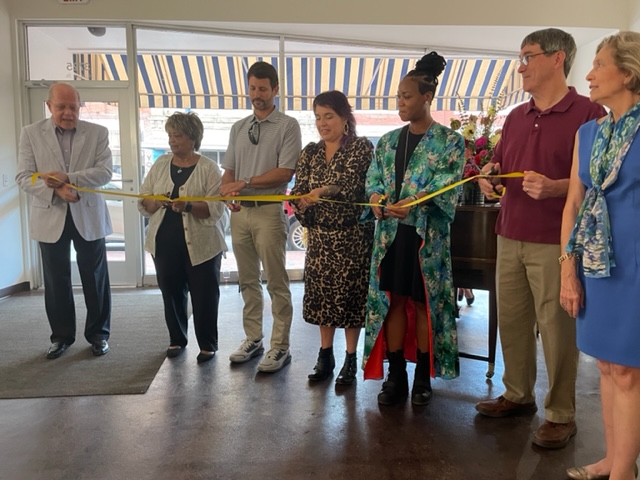
Members of the Farmville Community Arts Council (FCAC) Board of Directors, President Fred Austin, Eloise Olds, Paul Grimes, Lisette Fee, Gloria Ry'Ann, former President Kenny Patterson, and the Executive Director of the Farmville Chamber of Commerce Lori Drake cut the ribbon at the Grand Opening of the newest art gallery in Pitt County. The new gallery space is located adjacent to the Paramount Theater on Farmville's Main Street.
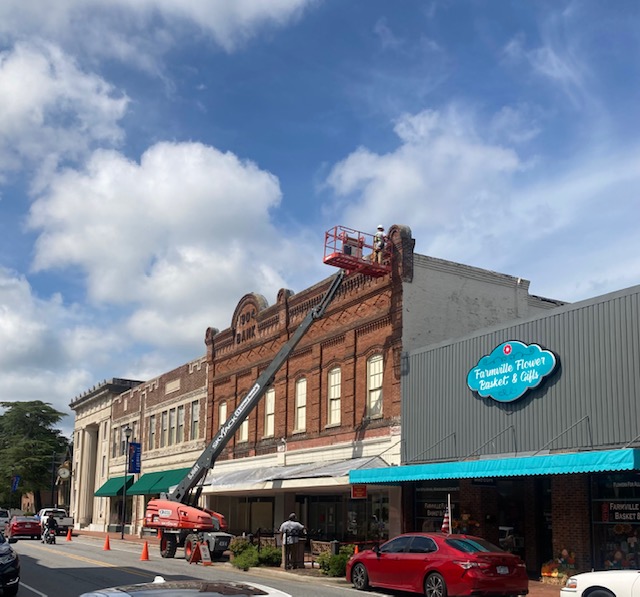
Farmville Main Street - keeping our historic buildings in good condition!

